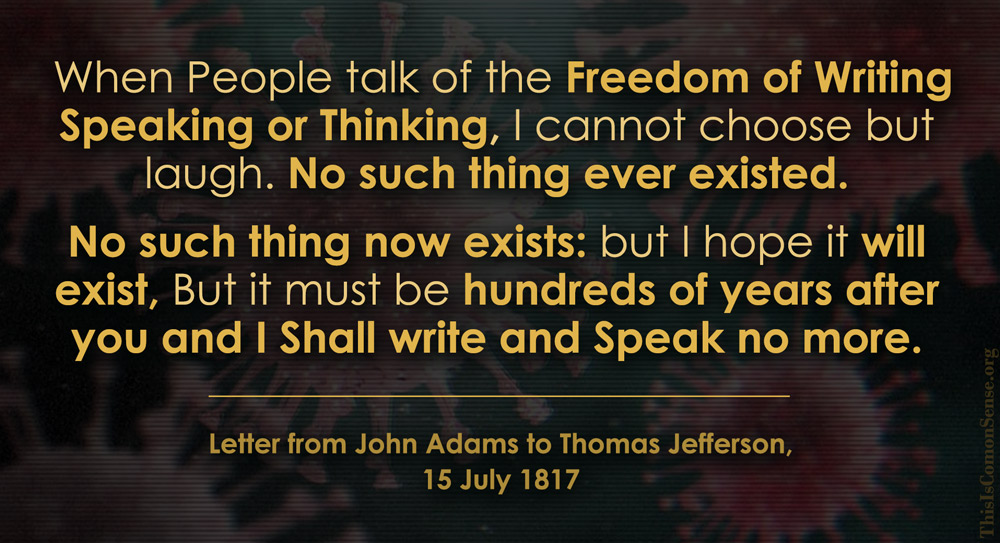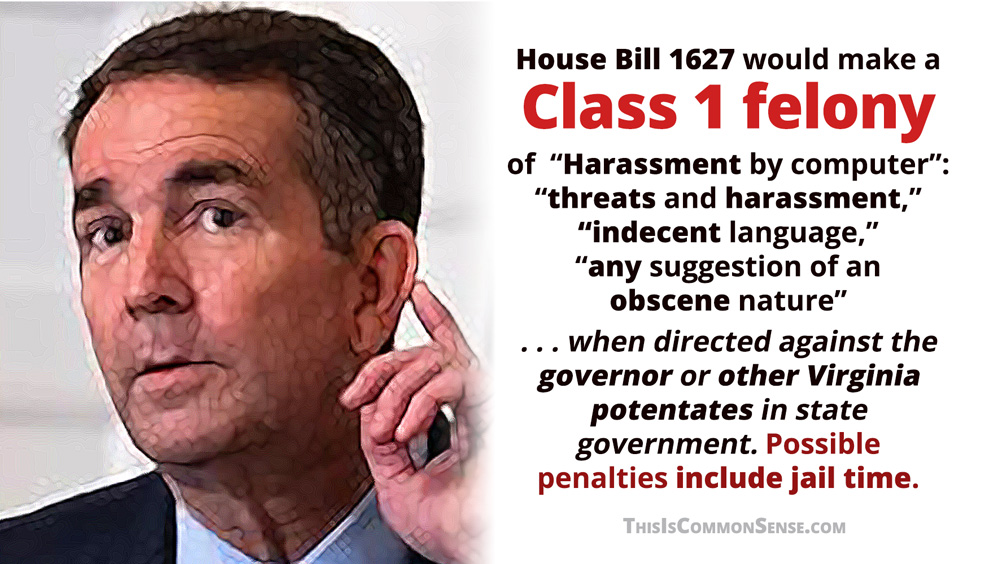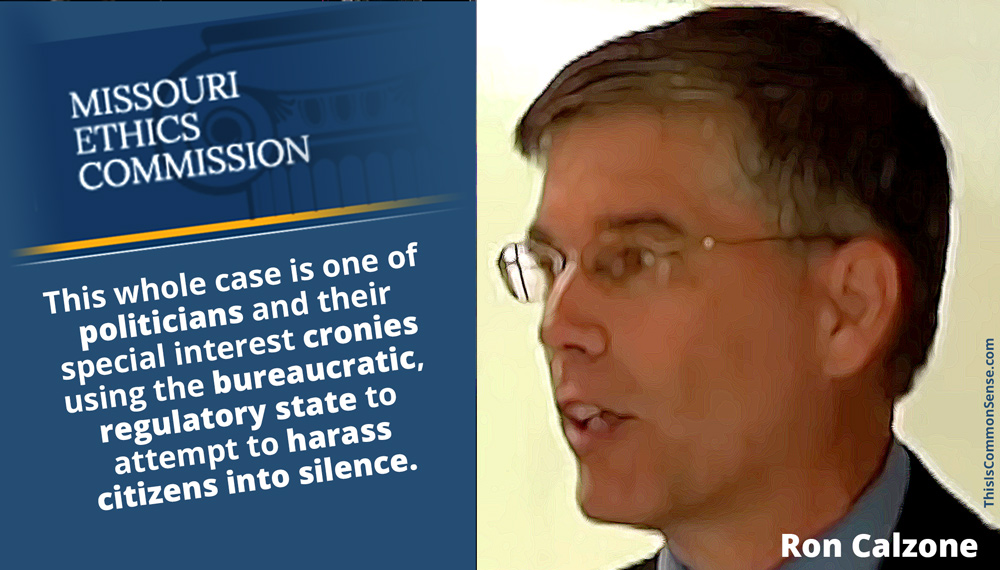Would the likes of H.L. Mencken and Jonathan Swift be free to say much on the “open” platforms of modern social media — that is, before being suspended, blocked, demonetized, stomped?
Depends.
Imagine: 1920s-vintage tweets by Mencken lambasting literary Puritanism and “chiropractic” or 1720s-vintage tweets by Swift pummeling prejudice against poor people — neither would likely inspire high-tech gendarmes to swoop in swinging their truncheons very immediately.
President Trump would also be an acceptable target.
But let HLM or JS skewer Democratic Party panjandrums, and the skill of the skewering would constitute the first bill of indictment. Especially during the last days of a presidential election.
As the often funny and spot-on Babylon Bee has learned, plenty of faux-high-minded rationalizations would be spouted from Twitter, Facebook, and Google mouthpieces as the social media behemoths go about suppressing the satiric discourse … as if scripted by satirists!
Thus, Facebook has just demonetized the Bee for “inciting violence.” And how was this violence incited? By spoofing the silliness of a senator.
Are such suppressors of satire somehow led by — say — an invisible hand to … self-satirize?
Apparently, yes.
But what is the answer to invidious discrimination by “neutral” platforms?
Andrew McCarthy of National Review is not alone in wondering whether the giant tech firms are abiding by the terms of Section 230 of the Communications Decency Act, which protects them from prosecution for the speech of others on their “open” platforms. But maybe the bottom line is … we should just outlaw punch lines.
They’re pretty painful if you’re the one getting punched. I mean, c’mon, man. “Punch” line? Pretty violent.
This is Common Sense. I’m Paul Jacob.
See all recent commentary
(simplified and organized)
See recent popular posts















